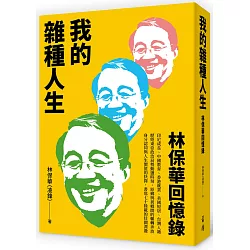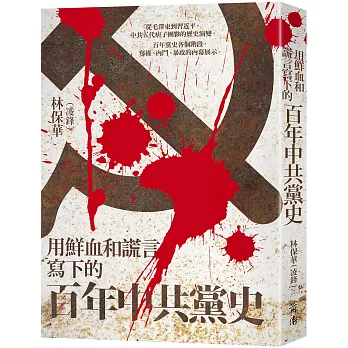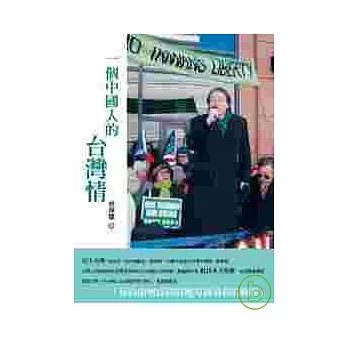Ma’s puppet masters in cross-strait tug-of-war
By Paul Lin 林保華
The way Taiwanese politicians have been cozying up to the US as exposed in the WikiLeaks cables is totally understandable. In the past, the Chinese Nationalist Party (KMT) was only able to survive thanks to US protection. The Democratic Progressive Party (DPP), whose ideals are close to those of the US, only avoided being affected by the strategies of the Chinese Communist Party (CCP) by gaining US support. However, it is disappointing to see that the leaked cables seem to indicate that the US has had close interactions with the KMT, but not so much with the DPP.
This is not normal. The KMT does have longstanding historical links with the US, but the DPP’s ideals are more in line with those of the US, so why is there so little interaction between the DPP and the US? This is one of the reasons for some of the misunderstandings between Washington and the DPP during the DPP administration. However, the main reason was that after the Sept. 11, 2001, attacks, US president George W. Bush’s strategies changed and he had to sacrifice a little bit of Taiwan in order to please China.
DPP Chairperson Tsai Ing-wen’s (蔡英文) visit to the US is aimed at starting a new era in the party’s relationship with the US to improve Taiwan-US understanding when dealing with relations between Taiwan, China and the US in a way that pays attention to national interests and does not sacrifice universal values.
As to President Ma Ying-jeou’s (馬英九) relationship with the US, some have criticized Washington, saying it has used the issue of whther Ma’s US green card is still valid to control him. However, that is a good thing. Otherwise, Ma would have thrown in the towel to the CCP a long time ago. It was because of this issue that the US learned that former minister of foreign affairs Francisco Ou (歐鴻鍊) had talked with the CCP about People’s Liberation Army troops coming to Taiwan to help with disaster relief operations following Typhoon Morakot. As soon as the US found out, it immediately leaked information that Taiwan had refused US aid. Before the Ministry of National Defense had time to guide air traffic, US military helicopters had landed in Taiwan to help with disaster relief and a dejected Ou had to return to Taiwan.
There are other examples of the special rights and privileges held by the US here in Taiwan that help assure the safety of this country. I would even go so far as to say that I welcome US troops being stationed in Taiwan, either formally or indirectly. These rights and privileges are part of the cooperation between the US and Taiwan and the price we have to pay to protect Taiwan from being trampled by the CCP. That is also the reason why the US still has troops stationed in Japan and South Korea, as well as the reason why some Southeast Asian nations could allow US troops to be stationed in their countries.
What is worrying, however, is that in order to get into bed with China, Ma will have to eventually free himself of US control, and he will ask for assistance from the CCP to do so. Ma’s values make it easy for him to accept the CCP’s ideology.
The executive director of Ma’s re-election campaign, King Pu-tsung (金溥聰), who has no official government status, recently said Ma might soon visit China. This makes it clear they have already prepared such a step because Ma always listens to everything King says.
Surely, Tsai was being ironic when she called on Ma to use his position as King’s boss to discipline him and control his actions. After all, every time Ma’s election office tries to deny an error, they end up confirming it.
Paul Lin is a political commentator.
Translated by Drew Cameron





